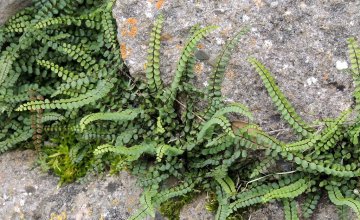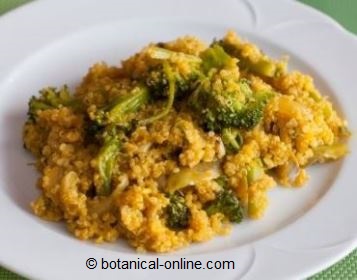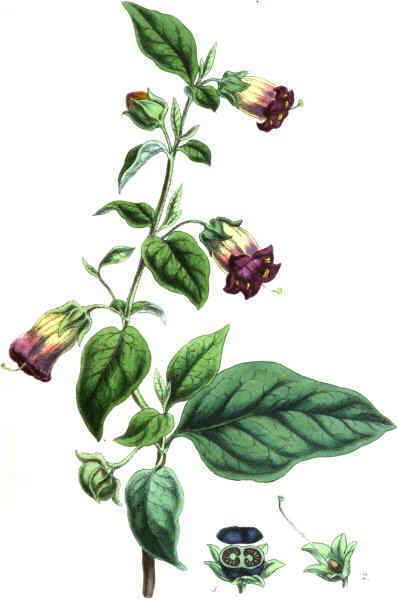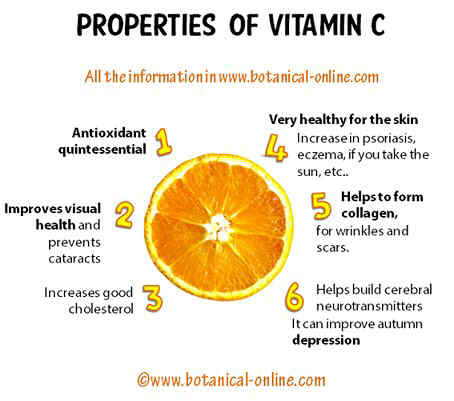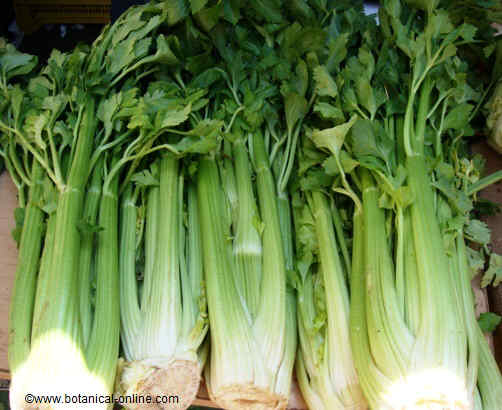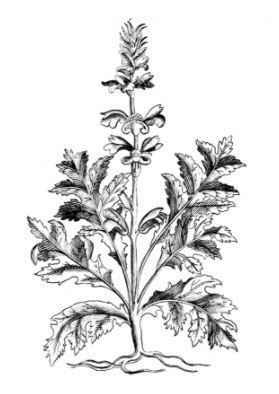Contents
Nutrition for urticaria
Importance of food in urticaria
The role of nutrition in health and disease is increasingly recognized. Many severe anaphylactic reactions are caused by food allergies. Lactose intolerance, for example, is responsible for indigestion, diarrhea, gas, stomach pain, and so on.
Such reactions can occur not only physically but also psychologically. It has been found, for example, that many behavioral problems among young people are due to allergy problems, including some less serious disorders, such as malaise or irritability as well as much more serious ones, such as depression, violence or even schizophrenia.
Hives, like asthma, hay fever, chronic fatigue syndrome, poor digestion, hypertension, vomiting, dizziness, aggression and many more physical or mental abnormalities may reflect a food allergy.
What foods can cause urticaria?
Any food is capable of producing allergic reactions causing specific symptoms such as hives. However, some foods are generally considered to be particularly allergenic: Seafood, milk, fish, eggs, nuts, chocolate, corn, peanuts, strawberries, tomatoes, citrus, wheat or soybeans.
Although these foods often can cause allergies, they are not always responsible for them, so they should not be eliminated from the diet of urticaria, without testing their personal reaction in a particular person.
How do you know which food is not good for urticaria diet?
There are medical tests that can determine what foods are causing food allergies. The main ones are ” The skin test”, ” The Rast test” and ” The exclusion diet”
The skin test is aimed to prove the reaction of a food on the skin. Some extract of some food is placed on the skin to verify the the skin reaction in contact with it.
The Radioallergosorbent test (RAST test) is done by mixing the food extract with a patient’s blood sample. It will check for antibodies that will form in case of some allergen is involved. Both tests are not entirely reliable.
The best option to check what foods to eat and what foods must bed discarded is to take a ” exclusion diet” that must be medically checked. It generally lasts about six weeks. It basically consists on excluding foods that are usually considered allergenic and reintroduce them one by one to check for the personal reaction to each one.
What foods are best suited to prevent hives? Good food for urticaria
Once discarded the foods that can cause urticaria, it is believed that ingestion of antioxidant-rich foods are best suited to prevent new episodes. Within all these foods, there are some that are worth special attention: Foods containing vitamins C, B, E and A, anthocyanidins and minerals like zinc.
– Vitamin C: Peppers are particularly rich in this vitamin. Citrus are very interesting, too (oranges, lemons, grapefruit, etc.).
– Vitamins of Group B can be obtained from whole grains (wheat, oats, barley, etc.) Nuts (hazelnuts, almonds, walnuts) vegetables (cabbage, cauliflower, spinach, radishes, endives, lettuces…) yeast, and so on.
– Vitamin E: Green vegetables and oily plant- foods are those that contain more vitamin D. For example, purslane, asparagus, lettuce, peas, nuts, wheat germ or sunflower seeds, which are those with the highest content.
– vitamin A can be obtained through carotenes, especially beta-carotene, found in many orange, red or yellow plant foods,, especially carrots, purslane, spinach, watercress, borage, pumpkin, tomatoes, asparagus or dandelion
– Foods rich in anthocyanidins: Among the main virtues of these components, we must emphasize their anti-inflammatory properties, capable of neutralizing the inflammatory effects that histamine and prostaglandins exert on body tissues. For example, It will be very convenient for people with arthritis, allergies, asthma, or other inflammatory processes to eat blueberries.
– Foods rich in zinc are: celery, asparagus, borage, figs, potatoes, eggplant, etc.
What food should be avoided or restricted? Bad food for urticaria
It is important to reduce animal fats, especially saturated fats and avoid toxins such as tobacco, alcohol or caffeinated beverages.
They are not responsible for the appearance of urticaria but they usually make it worse.
![]() More information about urticaria and its natural treatment.
More information about urticaria and its natural treatment.



